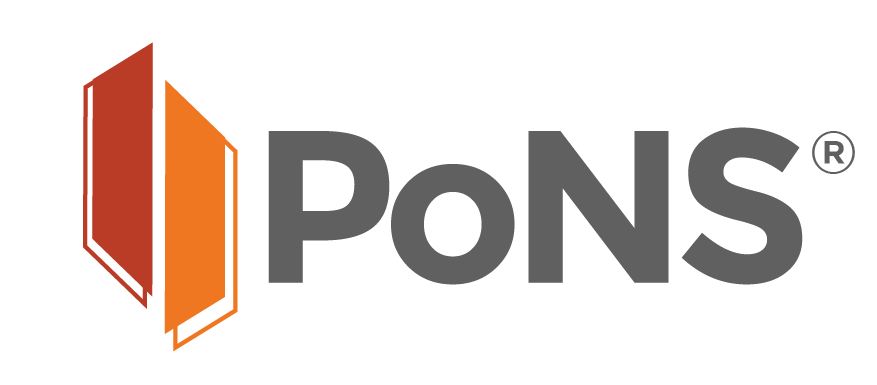PoNS® Real Stories: US Veteran Kevin Improved His Walking Ability and Found a New Purpose

Kevin Byrne, a US Army veteran and PoNS user, knows firsthand that PoNS improves walking ability for people with multiple sclerosis (MS). Now, he’s on a mission to help others unlock their potential. Read on to discover why he calls PoNS “the most impactful therapy” for gait deficits caused by MS, and how PoNS allowed him to Get Back In Step With Life.
Individual results and experiences may vary. Talk to your doctor to see if PoNS is right for you.
A life-changing diagnosis
“It’s impossible to consider something that was not stopped, started, or altered dramatically,” Kevin says of the effect his MS diagnosis had on his life. It was 1999, and he commanded an air cavalry station in Korea. It was a role that brought him pride and purpose.
Though his symptoms were initially manageable, Kevin eventually had to retire from the Army. But the mentality he developed throughout his career remained strong. A mantra he first heard as a cadet at the United States Military Academy in West Point, NY, began to echo in his mind once more: “They would never stop. They would never quit.” Years later, in the face of MS, this mantra would take on new significance.
PoNS sparks new hope
After developing dexterity issues and struggling with function on the left side of his body, Kevin sought new answers. His biggest motivation was his daughter, Eleanor Rogue, born in 2010. Driven by a desire to be an active and involved father, Kevin immersed himself in research, intent on getting his life back. That’s when he discovered PoNS.
Used during physical therapy, PoNS promotes neuroplastic changes in the brain, allowing new neural connections to form, leading to improved results. “I had personal experience with neuromodulation,” Kevin explains. “After a traumatic brain injury at 25, my body remapped itself. PoNS sounded promising.”
With support from his doctor, renowned neurologist Dr. Stan Cohen, Kevin started PoNS Therapy®, believing in its potential so much that he paid for it out-of-pocket. (Not to worry: PoNS is now available by prescription through the VA for US Veterans with MS.)
“It was more intense than I expected,” he admits of the 14-week program. “But I noticed my coordination, agility and function were all improving.”
The initial results were enough motivation to stick with it. More than a year later, Kevin continues to see the results—and even wants to return his PoNS device because, as he says, “I don’t need it any longer.” Here’s why:

“Before, I had to force myself,” says Kevin. “Now I’m careful with my steps, but it comes more naturally.”

Better stability.
Since 2019, Kevin has celebrated this progress by participating in the Bike: MS event, which raises money for the National MS Society. He uses a recumbent trike (a three-wheeled, ergonomic bike that promotes stability).

Gait improvements are measurable and documented.
“I’ve experienced freedoms such as increased walking speed, endurance, and distance,” he says.
Before & After: Kevin’s progress with PoNS Therapy
Individual results and experiences may vary. Talk to your doctor to see if PoNS is right for you.
A new purpose
While many people with chronic conditions resist being defined by them, Kevin finds that his MS journey has positively shaped his life. Driven by a desire to personally advocate for others with MS, Kevin started his own nonprofit. He has spent years raising funds to help amplify the efforts of larger organizations, mainly the National MS Society. The goal? To ensure that others enjoy better lives with MS.
Achieving this goal requires commitment and tenacity—which is why Kevin chose a name for his organization that reflects the experiences he had as a cadet at West Point all those years ago: Never Stop Never Quit.
Kevin is also a proud supporter of PoNS Therapy, which he says underscores his ultimate goal: allowing people to rethink what life with MS looks like. “I want people to realize what they can achieve,” Kevin says. “Despite MS, you can live your life.”
If you or someone you love is struggling with walking ability due to MS, PoNS can be used to Get Back In Step With Life.
